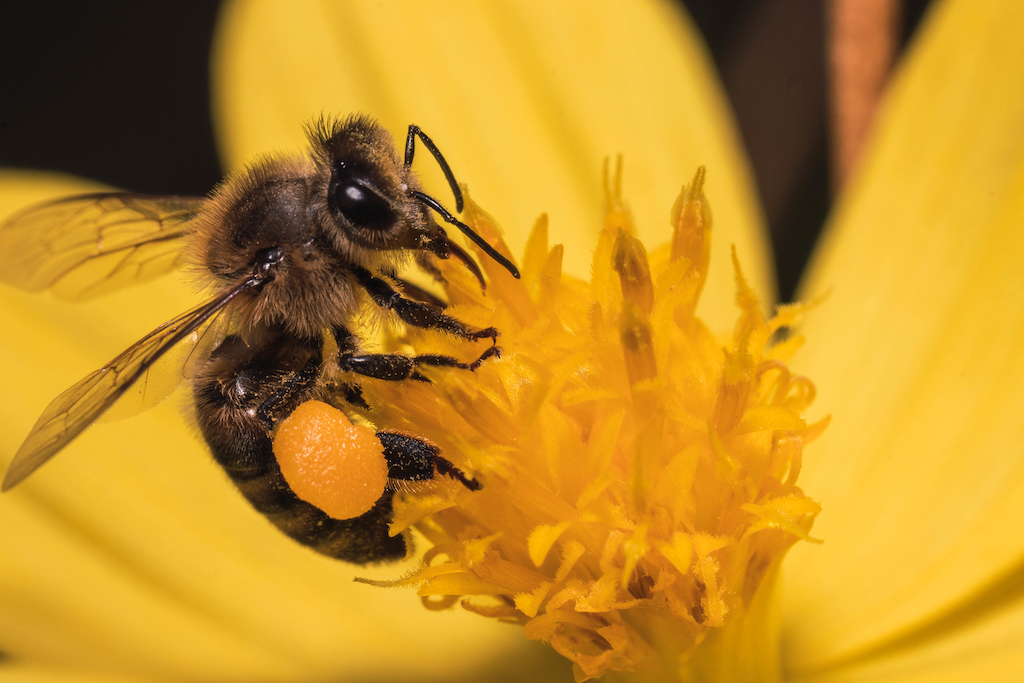What is Entomology?
Entomology is the scientific study of insects. It’s a branch of zoology, which is the study of animals. Insects are everywhere – in the air, on the ground, in our gardens and even inside our homes. There are millions of insect species, and each one has a unique role in nature.
Entomologists study these creatures to understand how they live, what they eat and how they interact with the environment. Their work helps solve real-world problems like how to protect crops or improve food production.
Entomology in Pollination
When you see bees buzzing from flower to flower, they’re not just collecting nectar. They’re also doing an important job called pollination. Pollination happens when pollen (a powdery substance in flowers) is transferred from one flower to another, allowing plants to produce fruits, vegetables and seeds.
Without pollinators like bees, butterflies, and even some beetles, many of the foods we eat wouldn’t exist. Apples, almonds, strawberries, and tomatoes are just a few examples of crops that rely on insects for pollination.
But here’s the problem: pollinator populations are declining due to habitat loss, pesticide use, and climate change. Entomologists are working hard to protect pollinators by studying their habits, finding ways to create insect-friendly environments, and educating farmers about safer farming practices.
Entomology in Pest Management
While some insects are helpful, others can be a headache, especially for farmers. Pests like locusts, aphids, and caterpillars can destroy crops and lead to huge losses in food production.
Entomologists play a key role in pest management. They study the life cycles and behaviors of pests to find the best ways to control them without harming other insects or the environment.
For example, instead of using chemical pesticides, entomologists might suggest introducing natural predators (like ladybugs) to control pests, using traps or barriers to protect crops, developing pest-resistant plant varieties, etc. By finding sustainable ways to manage pests, entomologists help farmers grow healthy crops while keeping the ecosystem in balance.
Conclusion
Entomology is more than just the study of insects—it is a critical field that addresses some of the most pressing challenges in agriculture and environmental sustainability. From ensuring successful pollination to developing eco-friendly pest management solutions, the insights provided by entomologists have a direct impact on global food security, ecosystem health, and biodiversity. By understanding and protecting the delicate balance between beneficial insects and harmful pests, we can create more resilient agricultural systems and a healthier environment. The work of entomologists reminds us that even the smallest creatures play a vital role in sustaining life on Earth.
Comments are closed.




